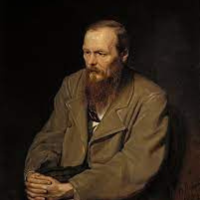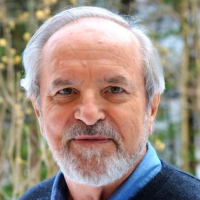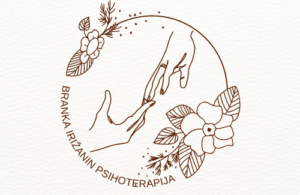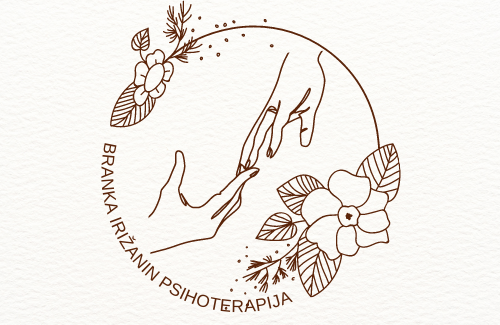About Gestalt therapy
Gestalt therapy was created as a reaction to the shortcomings of psychoanalysis. Then it became a comprehensive and autonomous theoretical and therapeutic system that today represents one of the most effective humanistic forms of therapy, or therapy in general.
The word itself Gestalt is of German origin and refers to whole, configuration, integration, pattern or shape, thus highlighting one of the basic concepts of this direction - that the whole is more than the sum of the parts and that the client is seen simultaneously as a complete being and as a being that strives for further integration through contact.
Significant Influences on Gestalt Therapy
Gestalt therapy was developed under the influence of various philosophical and theoretical perspectives. These influences are not mutually exclusive, but their elements are intertwined through the practice of modern Gestalt therapy, which results in a distinct and unique therapeutic approach.
Psychoanalysis
Gestalt therapy recognizes that people have unconscious processes, desires, and conflicts that influence their thoughts, emotions, and behaviors. It places importance on symbolism and dreams as avenues for self-exploration and understanding. Gestalt therapists encourage clients to explore their personal histories to understand their current patterns and difficulties better.
Humanistic psychology
Gestalt belongs to the humanistic direction and emphasizes the importance of positive, healthy aspects of the client and the support he already has in his bio-psycho-social context. Man is a being who has choice and responsibility, is creative, and has the capacity to regulate himself and realize his potential to create meaning and value.
Gestalt psychology of perception
The primary characteristic of a healthy organism is the creation of a whole. Man cannot be reduced to his parts; he tends to integrate and grow through contact. In therapy, clients often experience relief through completing unfinished business with others and themselves, i.e., fulfilling their legitimate needs that remained unfulfilled for various reasons.
Existentialism
Gestalt therapy is based on the premise that awareness and responsibility give meaning and pattern to each person's life. The more aware we are of who we are, what we do, and what we need, the more freedom we have to choose our response in every situation for change and personal growth.
Phenomenological method
During the therapy process, in the therapist-client relationship, the emphasis is on the client's current, subjective, and unique experiences. The question is "What is?" not "What should be?". The emphasis is on how we do, experience, and communicate something "now and here," not why we did something "then and there."
Dialogical approach
The therapeutic relationship is essential and serves as a platform for exploration and healing.
Gestalt therapy respects all personal relationships, not just the therapeutic relationship. We are primarily relational beings, so "I" can be thought of as a set of relationships: there is no "I" without "you."
Field theory
The field perspective in Gestalt therapy recognizes the importance of the larger system in which the individual finds himself, encouraging research into how the environment, relationships, and social factors affect personal experiences and the experience of the self. Field theory promotes a holistic understanding and appreciation of all elements in a field as potentially significant.
Eastern philosophies
Focusing on the "here and now" in Gestalt therapy helps individuals connect with their everyday experiences and access their authentic feelings and needs. In addition to awareness in the here and now, special attention is paid to bodily sensations and breathing because the body, posture, and breathing provide essential information about the emotional state and current needs.
Personal noteworthy influences
The most significant influences in my life are the people closest to me. My family, friends, mentors, clients, and co-workers — they shaped who I am today. On the other hand, some celebrities have left an indelible mark on my path. These remarkable people from psychology, philosophy, theology, and beyond shape my professional identity and guide the approach and support I provide to my clients.

















(+381)63/87-82-773
(+36)20/53-64-322
branka.irizanin@yahoo.com
Budapest, Hungary
For additional resources and inspiration follow me on my Facebook page.
